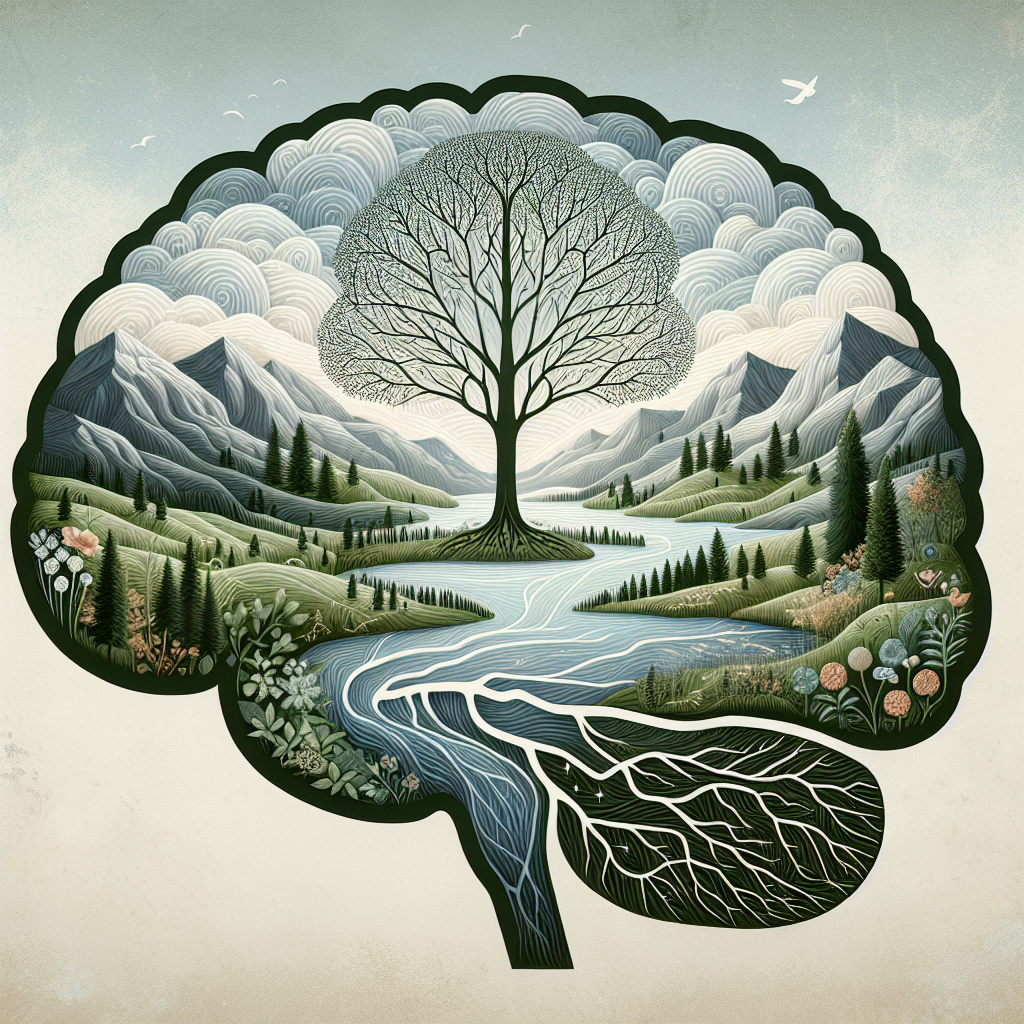In today’s fast-paced and constantly changing world, stress has become a common phenomenon that affects people of all ages and backgrounds. From work pressures to personal relationships, the demands of modern life can often feel overwhelming, leaving many people feeling anxious, exhausted, and burned out. In the face of such challenges, building resilience is essential to not only survive but thrive in this stressful world. One powerful tool that has gained popularity in recent years for building resilience is mindfulness.
Mindfulness is the practice of being fully present in the moment, without judgment or attachment to the thoughts, feelings, or sensations that arise. It involves paying attention to the present moment with openness, curiosity, and acceptance, rather than getting lost in worries about the future or regrets about the past. By cultivating mindfulness, individuals can develop greater self-awareness, emotional regulation, and mental clarity, which are essential ingredients for building resilience in the face of stress.
The Power of Mindfulness in Building Resilience
1. Reducing Stress: One of the key benefits of mindfulness is its ability to reduce stress. By practicing mindful awareness, individuals can learn to observe their thoughts and emotions without getting caught up in them, thereby reducing the negative impact of stress on their physical and mental well-being. Mindfulness has been shown to lower levels of cortisol, the stress hormone, and improve overall feelings of calm and relaxation.
2. Enhancing Emotional Regulation: Mindfulness helps individuals become more aware of their emotions and how they affect their thoughts and behaviors. By developing this awareness, individuals can better regulate their emotions and respond to challenging situations with greater equanimity and clarity. This can help prevent emotional reactions from spiraling out of control and leading to unnecessary stress and conflict.
3. Improving Cognitive Function: Mindfulness has also been linked to improved cognitive function, including enhanced memory, attention, and decision-making skills. By training the mind to focus on the present moment, individuals can reduce distractions and improve their ability to concentrate on tasks at hand. This can lead to greater productivity, efficiency, and overall mental clarity in the face of stress.
4. Cultivating Resilience: Mindfulness cultivates resilience by helping individuals develop a greater sense of self-awareness, acceptance, and compassion. By learning to accept things as they are and approach challenges with an open mind and heart, individuals can bounce back more quickly from setbacks and adapt to changes with greater ease. Mindfulness teaches individuals to embrace impermanence and uncertainty, recognizing that all experiences, whether pleasant or unpleasant, are temporary and fleeting.
FAQs about Mindfulness in Building Resilience
Q: How can I incorporate mindfulness into my daily routine?
A: There are many ways to incorporate mindfulness into your daily routine, such as practicing mindfulness meditation, mindful eating, and mindful movement (e.g., yoga, tai chi). Start by setting aside a few minutes each day to sit quietly and focus on your breath, body sensations, or surroundings. As you develop a regular mindfulness practice, you can gradually expand it to include more activities throughout your day.
Q: Can mindfulness help me manage chronic pain?
A: Yes, mindfulness has been shown to be effective in managing chronic pain by helping individuals develop a greater awareness and acceptance of their pain without becoming overwhelmed by it. Mindfulness teaches individuals to observe their pain without judgment and to respond to it with compassion and equanimity, which can reduce the emotional suffering associated with chronic pain.
Q: Is mindfulness suitable for everyone?
A: Mindfulness is generally safe and beneficial for most people, but it may not be suitable for individuals with certain mental health conditions, such as severe depression, psychosis, or post-traumatic stress disorder (PTSD). If you have a history of mental health issues, it’s important to consult with a healthcare professional before starting a mindfulness practice.
Q: How long does it take to see the benefits of mindfulness?
A: The benefits of mindfulness can vary from person to person, but many people report feeling a sense of calm and relaxation after just a few minutes of mindfulness practice. To experience more profound benefits, however, it’s recommended to practice mindfulness regularly over a longer period of time, such as several weeks or months.
In conclusion, mindfulness is a powerful tool for building resilience in a stressful world. By cultivating mindfulness, individuals can reduce stress, enhance emotional regulation, improve cognitive function, and cultivate resilience in the face of challenges. Through regular practice and commitment, mindfulness can help individuals navigate the ups and downs of life with greater ease, grace, and strength.





Leave A Comment